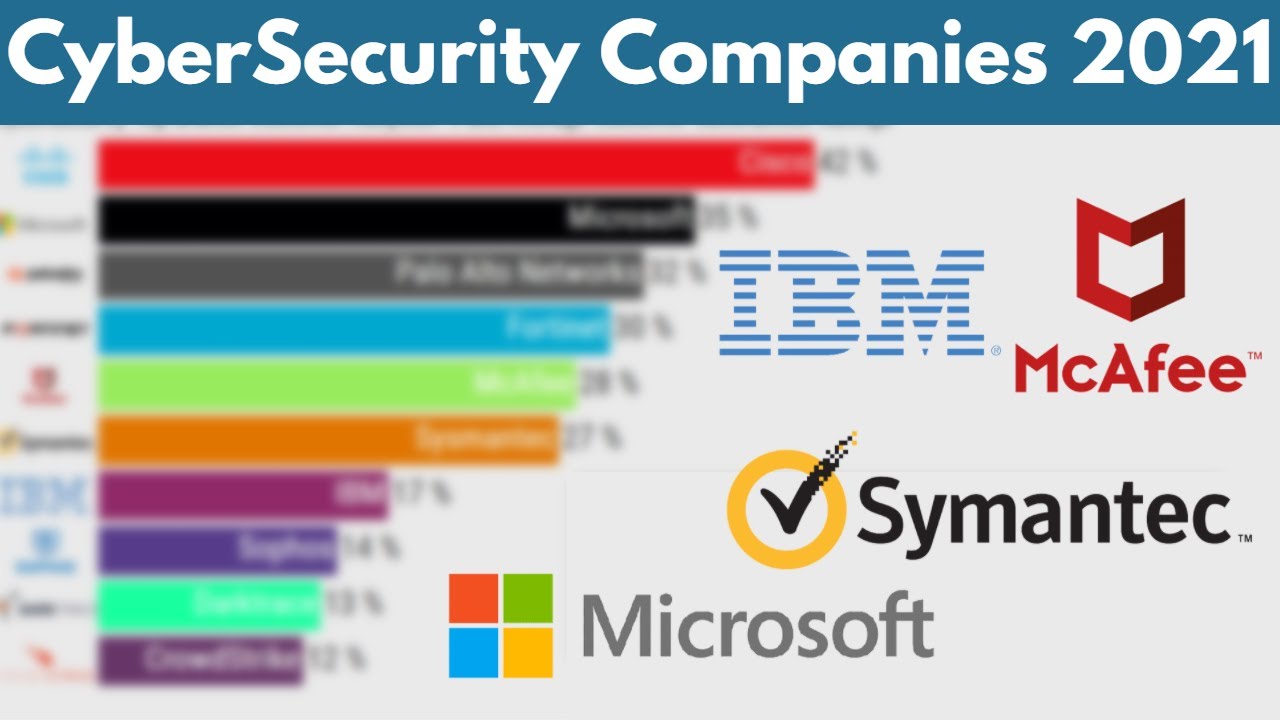The European Union’s Digital Services Act (DSA) is set to come into full effect tomorrow, bringing with it a comprehensive set of rules and obligations for digital platforms and businesses operating within the region. The DSA aims to establish a framework for online governance, with a focus on transparency and the removal of illegal content and products from the internet.
Key Takeaway
The Digital Services Act (DSA) is set to bring significant changes to the regulatory landscape for digital platforms and businesses operating in the European Union, with a strong focus on transparency, protection of minors, and enforcement of legal obligations.
New Legal Obligations
The DSA imposes new legal obligations on platforms and digital businesses, including the prohibition of illegal content and products in specific Member States. This includes measures to prevent the sale of banned items and the dissemination of prohibited content, such as hate speech.
Protection of Minors
One of the key focuses of the DSA is the protection of minors, requiring platforms to ensure a high level of privacy, safety, and security for children. Additionally, the use of minors’ data for targeted advertising is strictly prohibited.
Compliance and Enforcement
Non-compliance with the DSA can result in significant penalties, with companies facing fines of up to 6% of their global annual turnover for confirmed breaches. While larger platforms are subject to stricter regulations, smaller startups and platforms have been provided with certain exemptions.
Regulatory Oversight
The enforcement of the DSA will be carried out by Digital Services Coordinators (DSCs) appointed by EU Member States. These coordinators will oversee compliance and address complaints related to the DSA, with the power to issue fines for violations.

























